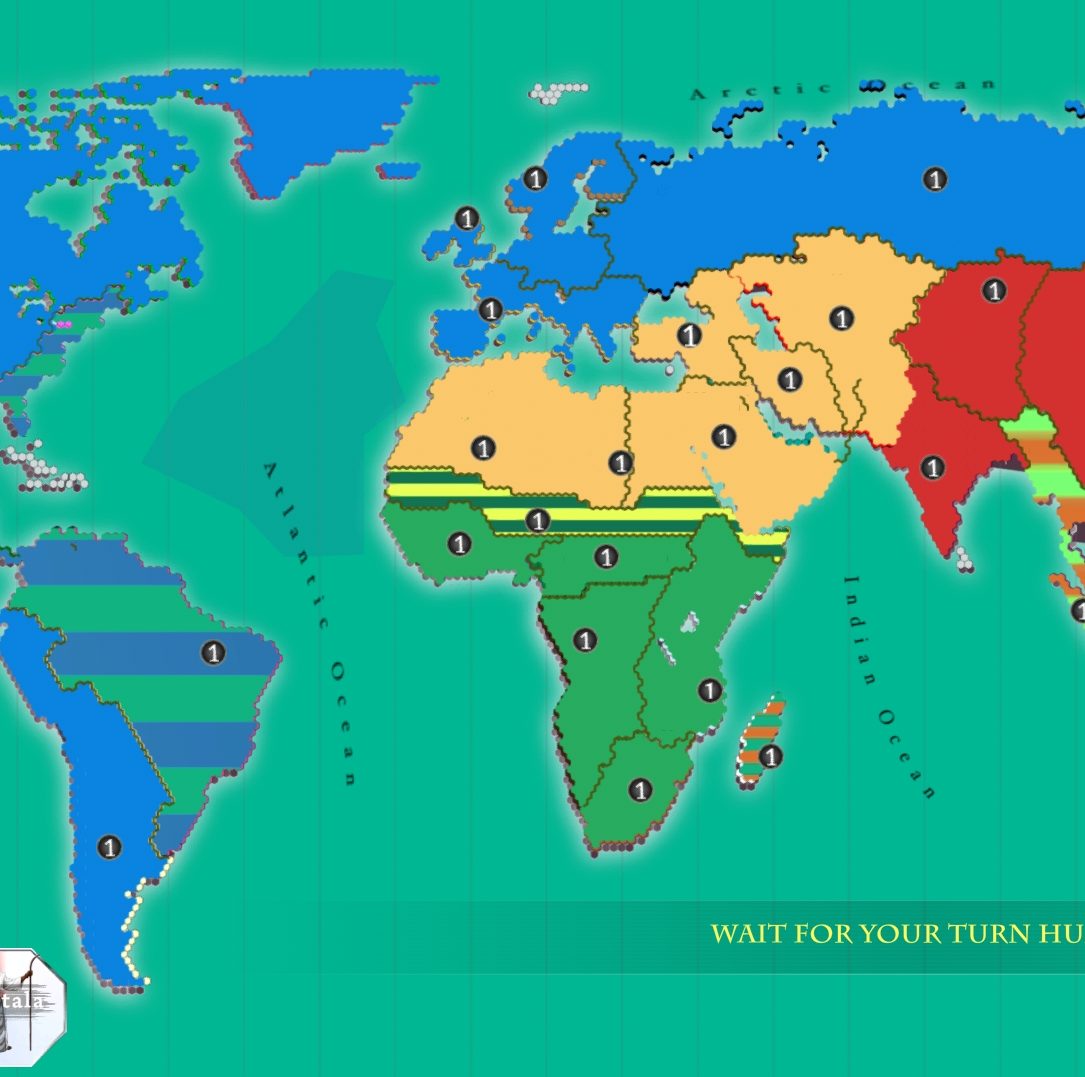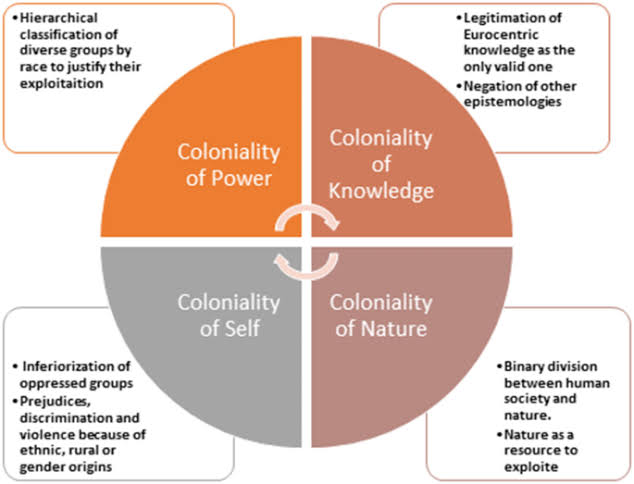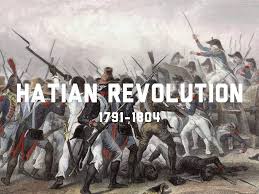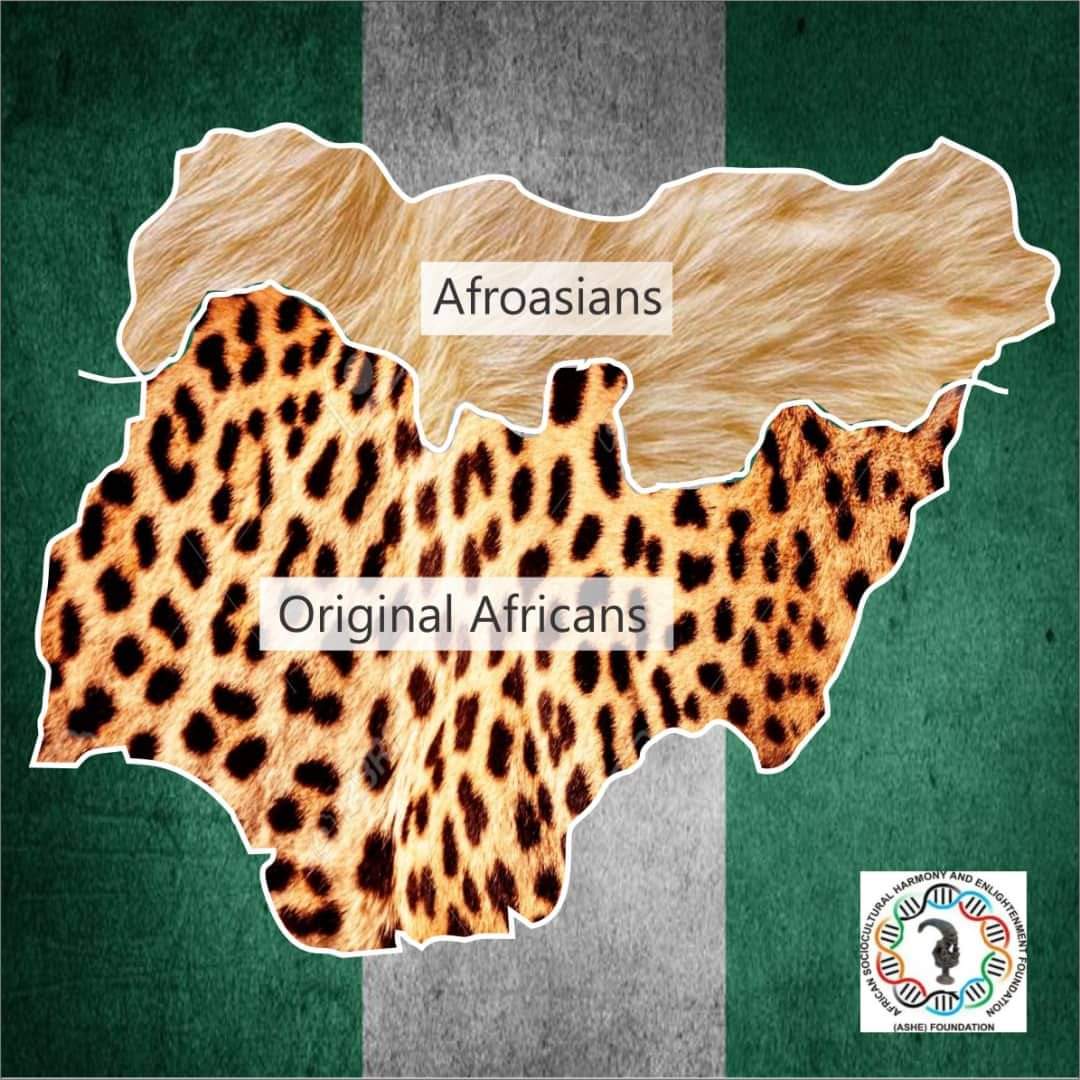Prince Justice Faloye

The obvious economic and democratic failures across Africa and the Caribbean, has resulted in an increased public moral indignation and revolutionary zeal. People applauded the military coups in the Sahel as a revolution, especially against the political class and French Neocolonization. In Nigeria, Buhari’s eight years ruinous governance followed by Tinubu’s unfolding anti-people, inflationary profligate governance, that increased economic hardships and political injustices, has made some people vouch for a Jerry Rawlings type of coup that kills off the ruling elite, while others are advocating an Endsars type of anarchy. In Ghana, South Africa and others, the yearning for socioeconomic and political revolution is also growing.
The question is what type of revolution do we need as Black people since none of the sixty-six Black nations is a success. Is it a class struggle between the rich and the poor? Is it a change from professional politicians to soldiers? Is it through breaking up the existing colonially created national boundaries especially in multi-ethnic nationstates like Nigeria? Or do we need a complete paradigm change of this concept of nationhood that was globalized in 1815 following Haiti independence and Napoleonic Wars? Does the revolution necessarily have to be violent or can it be attained through peaceful renegotiated social contracts?

An economic or political class struggle, poor versus rich or military versus politicians, superficially focuses on personalities and scapegoats, disregarding the international geopolitics and the coloniality of knowledge, power, self and ecology that crafted the failed system. According to Social Reproduction Theories, the revolutionary mob leader or military coup leader will exhibit the same colonially inspired perspectives of Pan Tribalism or Western universalism, in the same Western designed government system, operating in a global financial caste system, based on global White Supremacy doctrines. At the end of the day, it will be a lot of motion but no movement towards a better and higher economic and political existence.
Nevertheless, since power is never given up by a class or system, and will even use institutional violence to retain the unfair status quo, the masses or the army are needed to challenge the monopoly of violence of the ruling class. Chairman Mao, the Chinese revolutionary leader stated, Power comes from the mouth of a Gun, which is locally confirmed by Denge the Ibadan tout that calls the Gun ‘Oloto’ – the truth enforcer. The Gun was the main instrument that Europeans used to end and clear out the 500 years Afro-Arabic Islamic domination in Europe, and used to enslave and colonize the world.


Nigeria’s national existence was born out of the ultimate power of the gun from colonization to the writing of the constitution currently in operation. In local parlance, no be by mouth, Enu o le se, we can’t negotiate power, it must be countered. The nonviolent civil rights and independence movements had the threat of Soviet military backing before the Western Powers acquiesced to Black freedom and equality demands, which were eventually remoulded and eroded to be psuedo independence by Western inspired military coups within a decade.
If we concede that the masses or the army have to rise to take power, the question is still, ‘what will be the stimuli for mentally colonized masses and army, and how do they evolve a better system based on decoloniality?’ The political leadership is a product of the society whose judicial, electoral and administrative systems are led by the same corrupt neocolonial guard. Some advocate a civilizational democracy regulated by our traditional institutions, which also have suffered from coloniality of knowledge and power, but still retain the philosophical foundations of our African civilization required to build a socially representative democracy..


We must articulate our indigenous African civilization in a narrative, from our common origins, linkages and philosophical foundations to collective aspirations. This is necessary to cancel the coloniality of our knowledge, power, self and ecology that breeds divisive Pan Tribalistic perspectives and effeminating Abrahamic perceptions, otherwise it is doubtful that the masses or army could even be agitated for a just and fair system. If we still believe a thief from my tribe is better than a thief from other tribes, and fall for the divide and rule tactics of the power holders, it would be difficult to get a true revolution of the system. Therefore in the process of aggregation of the masses, the tribal divisions must be blurred with civilizationism, which unites the 500 ethnicities into just two civilizational camps – indigenous African and Afro-Arabic.
Africans don’t have to reinvent the wheel since both Western/Abrahamic and Indigenous African philosophies and worldviews still exist side by side as town and gown. Therefore, it is more about empowering and liberating the Original African institutions and perspectives from coloniality of knowledge and power. The decoloniality of knowledge involves understanding our traditional knowledge systems and using its philosophies and perspective as a worldview, giving it global parity with other civilizational worldviews. The decoloniality of power starts from making our cultural custodians the long term guarantors and directors of the political system, especially from the foundation whereby our traditional institutions make up and guide our electoral bodies to conduct fair and just elections of short term professional politicians.


For an example of a true revolution, Black political analysts must study the Haitian Revolution and the evolution of the first modern Black state, Haiti that got its independence in 1804, and brought the beginning of the end of Transatlantic slavery and start of European colonization and Neocolonization. We must look to the start and understand that the August 21st 1791 Haitian Revolution was sparked as a civilizational struggle by the likes of Dutty Boukman, Cecile Fatima and other traditionalists, but began to lose its way with universalist mulatto Toussaint that wanted better terms of servitude with the French, before the civilizational spirit of the revolutionary was reinstated by Dessalines to attain complete independence in 1804. If a revolution occurs in Africa today, there is a likelihood that it will be hijacked by some of the neocolonist guards that wants a change of leadership and not the system.
The Eurocentric universalism worldview held by Haitians mulattos didn’t disappear, as they launched sustained attacks against the new Haiti regime that within a decade attained economic prosperity and political freedoms that became the envy of the Western Powers. Haiti’s first ever universal suffrage made England bring out Electoral Reforms to enable wider participation. The Haiti mulattos backed by the French eventually overthrew the traditionalists and instituted a neocolonist regime by 1825, often headed by retired old generals, as repeated across Africa a century later.


Over a hundred years and several bloody ‘revolutions’, it eventually dawned on the likes of Dr Francois Duvalier and the Haitian intellectual groits that inspired the 1920s Black Renaissance, that a cultural revolution was necessary to sustain an armed revolution and forceful change of leadership. Some have argued that without the Chinese Revolution and locking out Western religious, academic and media influences, their revolution would have been rolled back.
Just as François Mackandal, the Babalawo/Dibia that started an Ifa/Afa priest network in 1750s before Blacks eventually came together to carry out the Haitian Revolution in 1791 long after his death, the 1915 US invasion led to an Afrocentric movement pushed by the Griots until they had a large following, especially in the traditionalist rural areas, enough for Duvalier to take power democratically after a government collapse in 1957. Following a coup in 1958 against Duvalier, he moved to decoloniality of the armed forces by sacking all neocolonists and replacing them with charm bearing traditionalists. The Neocolonial guard rose against him and he survived by calling out the rural traditionalists to break up the city protests.


Just like in the beginning of Haiti, and some arguments against contemporary separatism in Nigeria and across Africa, no matter how Afrocentric and pro-people a regime is, it has to operate in a world dominated economically and politically by White Supremacy that would end up strangulating it economically until the people turn against it. This has also been witnessed in Hugo Chavez Venezuela among others. An Haiti based on African civilizational values not tied to the origin and largest Original civilizational bloc, Nigeria which itself is also suffering from coloniality, was bound to be ostracized by other civilizations and eventually brought to its knees.
Though Nigeria has a population and local market large enough to withstand external civilizational imperialistic pressures and sanctions, it suffers from coloniality that has broken its Original African civilization into tribes with the two largest Original African civilizational groups, Yoruba and Igbos consumed by sibling rivalry that prevents civilizational unity across the Black Race. There are two ways to cement African civilizational unity, either through mass public education of a civilizational narrative based on common origins, linkages and aspirations, or through the need for collective survival from economic, political and cultural strangulation.


The South and Middlebelt Alliance was borne out of the need for collective cultural and political survival and aspirations pushed through agitation for rotational presidency and restructuring based on the principles of cultural and political justice. However, it has met a brick wall due to selfish political ambitions masked as tribal and religious affiliations tantamount to divide and rule. Therefore it appears that the best unifier and stimuli is economic survival bred by gross income inequalities and poverty which has been a common factor in all revolutions from USA, French, Haitian and Russian revolutions. Hunger knows no politics or tribe.
With Tinubu’s neo-liberal economic policies that has exponentially increased poverty, it appears that we might be following the universal cycle that brought the late 1700s revolutions in USA, France and Haiti. To African Spiritual Scientists, in 2023/2024 we enter another 250yr cycle of revolutionary change tied to Oya, the revolutinary change agent whose essences are tied to the orbit of Pluto. It is this universal essence that can effect change across the Black Race to ensure no African nation or group is left behind or walks alone into Western ostracization. After a systemic breakdown, the army and traditional institutions will most likely be the arbiters in the negotiation for a new social contract across the Black Race.

Ultimately, it is the economic deprivations that arises from the collapse of the global economy that can inspire the global collective into action. The current BRICS versus G8 and especially the NATO versus Russia War that would most likely end in a nuclear holocaust would change the world and global consciousness from a bipolar superpower controlled world into a multi-polar civilization controlled world that would give Africans the leeway to strike their own path to greatness. Anything short of this will be an exercise in futility, a lot of motion without movement.








